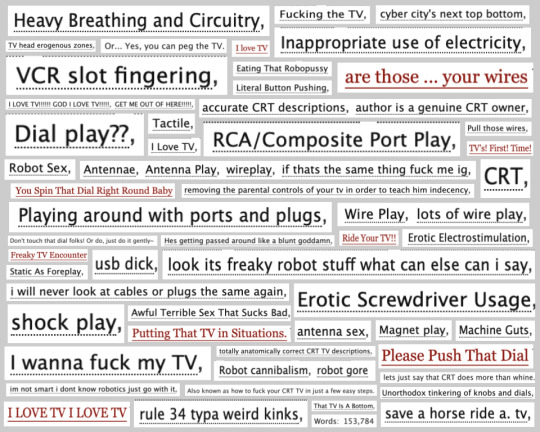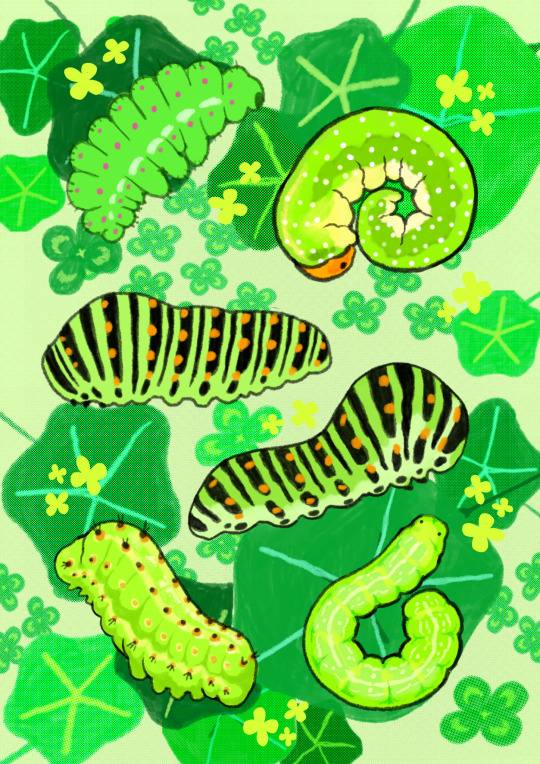lesbian | 25 | she/they | extreme sinnoh stan | currently arcane obsessed; cursed with visions of my post-canon jayvik worldbuilding nightmare fic "butterfly soup"
Don't wanna be here? Send us removal request.
Text


7/31/25
ive been really enjoying the summer hikaru died anime lately, here's a mini comic inspired by that one steven universe scene
900 notes
·
View notes
Text
listened to the bsoup playlist again. which could mean nothing
1 note
·
View note
Text
The Matriarch Isn’t the Villain. She’s the Mirror

I often hear a discourse where Celine in K-pop Demon Hunters, Alma in Encanto and Ming in Turning Red are seen as vilains. They’re the ones who restricted the younger generation, hurt them, and are ultimately responsible for their pain, trauma and self-doubt. They’re framed as the real villains of the story. But I’d like to differ.
These are stories of intergenerational trauma. They are women who survived, repressed, and tried to protect their families the only way they knew how: through control, perfectionism, and emotional suppression.

And yet, when the next generation begins to reclaim joy, freedom, softness — they become the obstacle. Not because they’re bad people, but because they’re scarred. Their minds cling to survival strategies, unable to recognize that the environment has changed.
Alma is still stuck fleeing the colonizers.
Ming is still afraid of her true self.
Celine believes that fear and mistakes must be hidden.
It’s not about hating these characters. It’s about how unprocessed trauma twists love into control. How survival, unexamined, turns into rigidity. These women were never given space to process their own pain and they project it onto their daughters and granddaughters.

And here’s something we rarely say enough: intergenerational trauma can create toxic patterns but that doesn’t always mean there was abuse or conscious harm. Even when their love becomes suffocating or controlling, these women are not necessarily “abusive parents.” They are daughters of silence, fear, and sacrifice. And they were never taught another way. It’s important to make that distinction, especially in a world that often pushes a binary, punitive reading of family dynamics.
They’re the product of a generation that was told to endure. But endurance without healing becomes its own kind of violence.

What’s powerful in these stories is that they don’t end in vengeance. They end in confrontation and transformation. The confrontation is necessary: the younger generation refuses the silence. Refuses the shame. Refuses to carry a burden that wasn’t theirs to begin with.
The house is destroyed in Encanto.
Mei accepts her full self.
So does Rumi.
And in the best cases, this confrontation allows the elder to soften too. Alma opens up. Ming listens. And I’m hoping in the sequel, Celine will open too.

Maybe that’s also why these stories speak so deeply to POC audiences. These aren’t stories about cutting ties. They’re stories about how hard it is to transform them, to protect ancestral bonds while refusing to perpetuate inherited pain. In many racialized families, collectivity, loyalty, and intergenerational duty are sacred... even when they come at the cost of personal boundaries.
And sometimes, Western individualist frameworks read these tensions as dysfunction or villainy. But for us, they’re just the difficult truth of growing up and trying to do better.
These women aren’t villains. That would be too easy. They embody the fragile, necessary work of bringing change without breaking the thread. These stories are about refusing to inherit their pain without reflection. Because love, without accountability, is not enough.
These stories show us that each generation has something to learn from the next. And the new generation must also break free from the chains they inherited while preserving what is meaningfull.

But it’s not just their story.
One day, we’ll be the older generation.
And we’ll need to be humble enough to learn from the ones after us.
So don’t be a fool.
We may be Mei, Rumi, or Mirabel today.
But tomorrow, we could be Ming, Celine, or Alma.
And when that time comes, we’ll realize how hard it is to unlearn what once kept us safe.
So let’s have compassion for all these characters.
Because these stories show us not just how the cycle of generations works, but how it can make us better, stronger, and more connected... if we’re all willing to go through the change.
∘₊✧──────✧──────✧₊∘
If you’re curious, I’ve written more on K-pop Demon Hunters:
A post on the mental health themes woven through the songs — right here.
A breakdown of Celine-Rumi in comparaison to Gothel–Rapunzel dynamic — here.
An analysis about Rumi, Jinu, and the danger of sinking together — here.
Some book recs for each of the K-pop Demon Hunters characters — here.
17K notes
·
View notes
Text
there is also something kind of gross to me about the constant insinuations that the "questioning social norms" component of autism immediately turns every autistic person into a genderfuckery kinkster leftist who don't give a fuck. and I say this as someone who is a genderfuckery kinkster leftist. autism isn't a political alignment, it's a disability. sometimes the autism 'sense of justice' is wrong. sometimes an autistic person will find a home in conservative ideologies for many of the same reasons as other autistic people will find a home in communist ideologies. sometimes the autistic communist will come up with dogshit analysis even as they're guided by their sense of justice, because good political analysis isn't a feeling or a neurotype, it's a skill that you cultivate. I know it would be pleasant and emotionally soothing for you to be able to believe that autism turns someone into a superpowered leftist but it's a politically fraught and deeply questionable line of thought to be feeding into
#im a genderfuck leftist autist and my sense of justice mode is extremely unhelpful to me socially sometimes#tbh i like the term justice but i better understand it for myself as intense reaction against injustice (perceived or valid)
36K notes
·
View notes
Text




kudos to the eldritch entity for knowing exactly what to say to get a gay higschooler under his thrall
1K notes
·
View notes
Text

Original tweet: (x)
13K notes
·
View notes
Text



picked up some cards from the ubc card show. absolute highlight was finding the promo for @acorviart's illustration contest win, was so psyched
#feel obligated to hunt the other illustration promos now#but i straight up never see them so i consider this an extremely lucky find already
3 notes
·
View notes
Text
i think people conflate “this thing is edgy” with “this thing is insincere and mean-spirited” far too often
18K notes
·
View notes
Text




sorry about the last one, have a meet cute instead
there's a playlist for this now :3
#sitting there in the wake of a social encounter that shouldnt have gone as well as it did like hey what the fuck#also the mispelled coffee cup lmao
5K notes
·
View notes
Text

incredible things happening in the robot fucker community right now
10K notes
·
View notes









